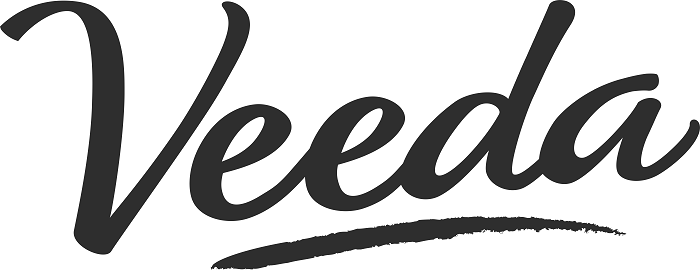It’s National Public Health Week (NPHW) where each day has a daily health theme.
According toNPHW, daily themes are as follows:
NPHW 2019 DAILY THEMES
Monday —Healthy Communities
Tuesday —Violence Prevention
Wednesday —Rural Health
Thursday —Technology and Public Health
Friday —Climate Change
Saturday and Sunday —Global Health
Rural Health & Period Poverty
Today is Wednesday, so we’re focusing on menstrual health in rural areas. A topic that doesn’t make the spotlight that often, until recently. The Oscar-winning documentary short titled Period. End of Sentence. was the first short documentary to focus on menstrual health in rural India. Though, the coined term “period poverty” is not new.
Period poverty is a real issue globally, as an approximate1.2 billion women worldwide can’t financially afford basic sanitary hygiene. Only12 percent of women in India can afford menstrual hygiene products. Meanwhile,50 percent of Kenyan women don’t have access to sanitary pads.Two-thirds of poor U.S. women go without feminine hygiene products because they can’t afford them. Additionally, one in ten girls in the UK can’t afford menstrual hygiene products.

Tax on Fem-Care & The Femtech Boom
Consequently, more than 25 million U.S. women live below poverty and yet 35 states within the United States has atax on tampons categorizing the feminine hygiene product and others like it as a “luxury item.” Juxtapose the United States to Scotland, the first country to provide free feminine hygiene products to high schools and university students. The Scottish government also furnished all public bathrooms with free sanitary products in an effort to end period poverty and the taboo around a woman’s menstruation, which is a natural part of human biology.
Meanwhile, “femtech” is booming likely due to the need for feminine educational apps. Highly popular apps now include not just a convenient way to help women track their periods, but help keep track of ovulation and best fertility window. The UK has also jumped on the femtech bandwagon, in the hopes of normalizing periods. Plan International UK’s media strategist and development manager, Carmen Barlow explains the reason why the company is championing the creation ofperiod emojis.
“A period emoji can help normalize periods in everyday conversation,” says Barlow. “For an organization like Unicode to recognize that menstruation should be represented in this new global language is a huge step towards breaking down a global culture of shame around periods.”
Veeda’s Ongoing Efforts To Help Women In Need

Veeda has continued its outreach efforts to help women who are unable to afford feminine hygiene products. Our mission is to make affordable and yet high quality, hypoallergenic feminine hygiene products that are made with natural ingredients and without the harsh chemicals. Additionally, we hope to donate more than 1 million tampons annually to women organizations globally.
Compassionately empowering and helping women in need is at the core of our heartfelt mission throughProject Every Woman atThe Veeda Foundation. Our past charitable contributions have reached programs likeWorld Harvest Food Bank (Los Angeles),Harvest Home (Los Angeles),Women in Distress (Ft. Lauderdale), Lotus House(Miami),LifeNet4Families, which help victims of sexual assault, domestic violence, and homelessness. Veeda has also worked with programs that help young adults like The Teen Project by donating to its shelter, a 12-step drug and alcohol rehabilitation center for foster care and homeless youth. Veeda has also given to young women in need at a high school in Northern California.
Additionally, our donations have extended outside of the U.S, to Africa where we’ve donated over 75,000 natural cotton pads toWorld Vision (Ethiopia) andWomanKind in (Zambia, Africa.)
All of these non-profit organizations have similar missions – to address the natural needs of women in need. We are grateful to partner with such wonderful, altruistic organizations with missions similar to our own – to be a resource for women without shame around the topic of menstrual hygiene.
